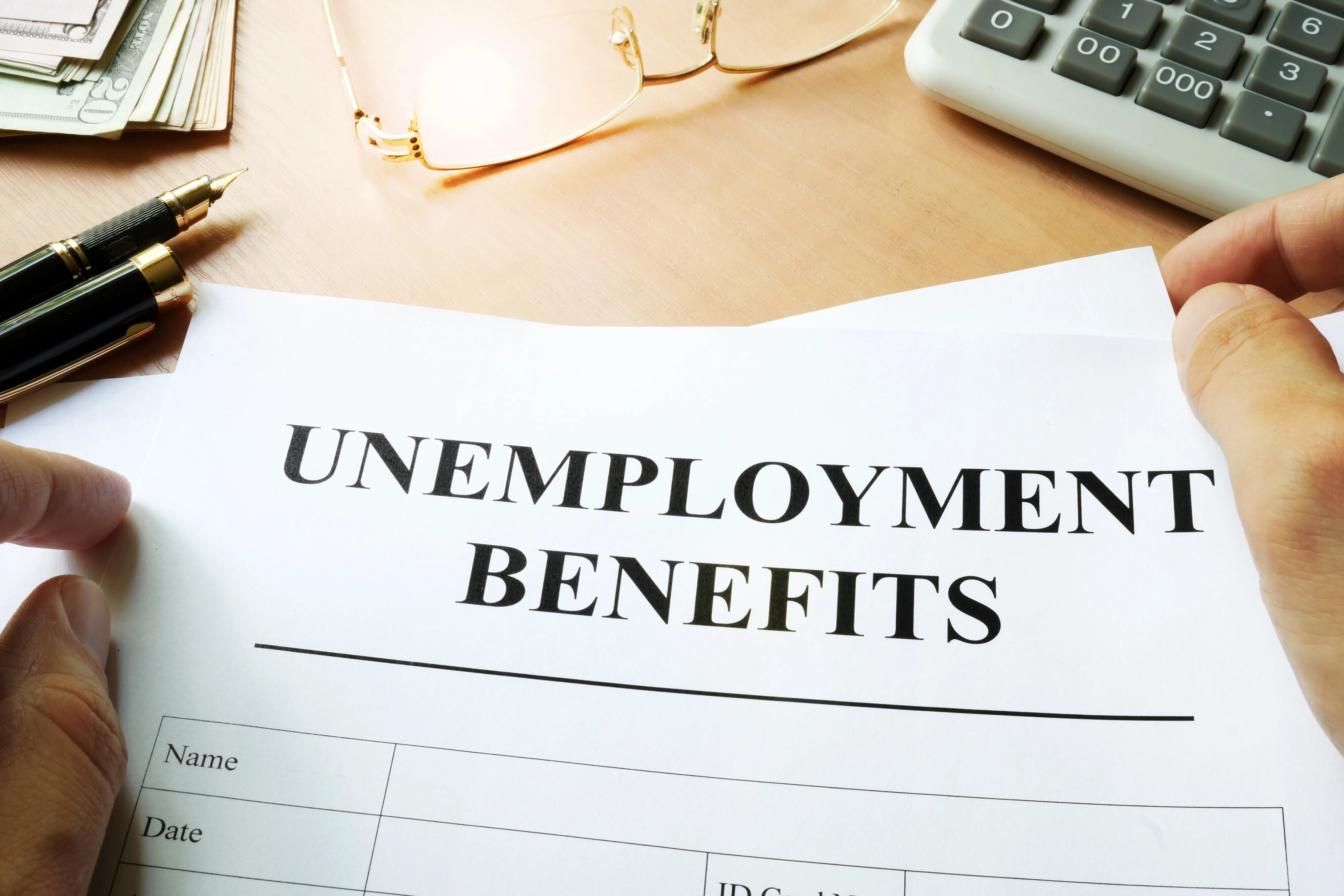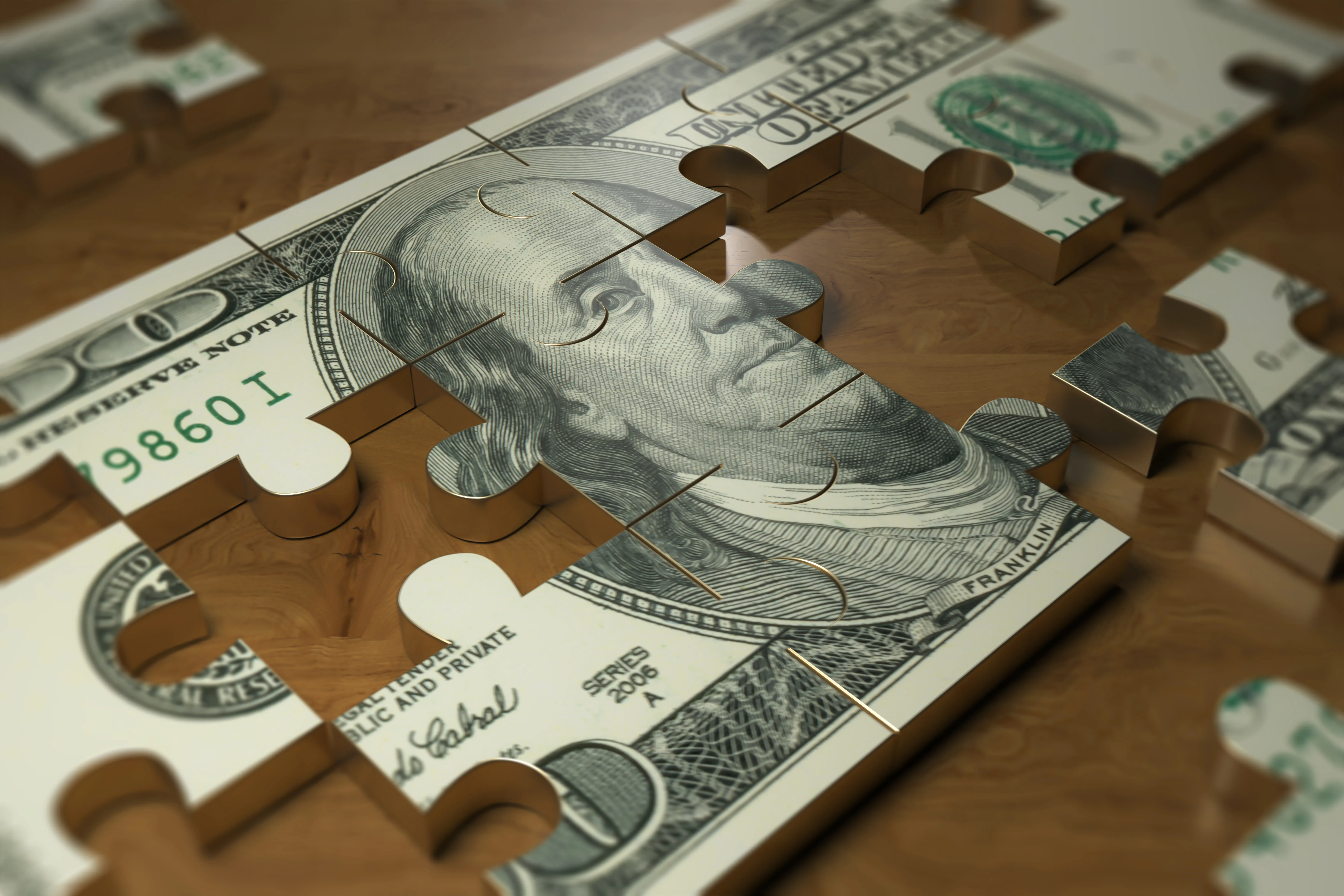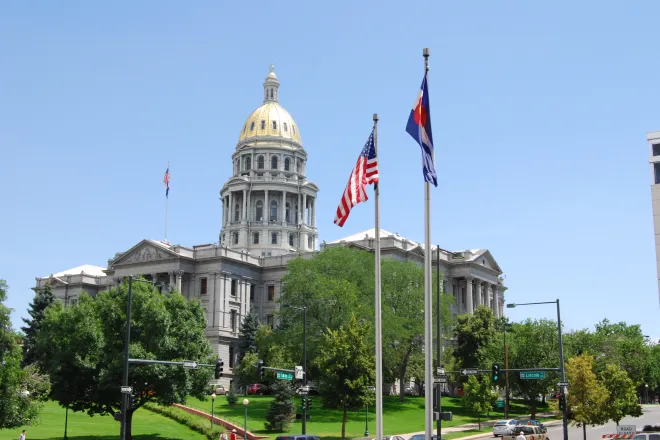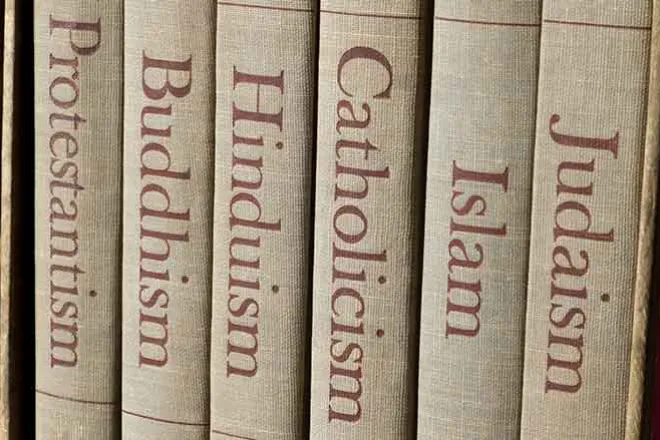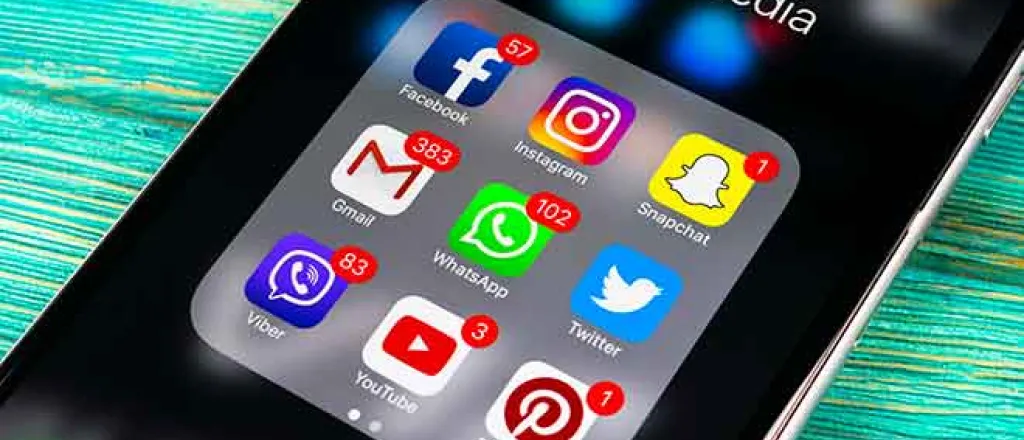
Social media's 'networked incitement' the latest challenge to democracy
Click play to listen to this article.
(Commonwealth News Service) The use of social media to organize the January 6 insurrection marked a turning point in American political protest, according to a leading media and disinformation scholar in Massachusetts.
The "networked incitement" fueled false claims of a stolen election while rioters coordinated in real time across multiple online platforms.
Joan Donovan, assistant professor of journalism and emerging media studies at Boston University, said the 'MAGA Republican' movement became a weaponized volunteer army directed by tweets from former President Donald Trump.
"The problem here was that social media was weaponized against the voting public to plant so many of these egregious stories," Donovan asserted.
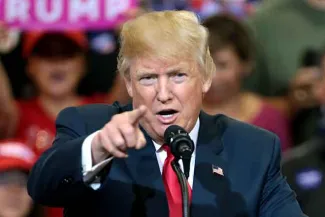
U.S. President Donald Trump. FlickrCC - Gage Skidmore
Trump has repeatedly asked his supporters to monitor polling stations and "guard the vote" in the upcoming election. Donovan observed the social media infrastructure to coordinate those efforts is already being set up online.
Donovan pointed out the charging and sentencing documents of more than 400 January 6 defendants reveal the majority wanted to support Trump and prevent what he called a "rigged election."
She is convinced without greater regulation and penalties for the misuse of social media, popular figures will use disinformation to incite political violence.
"These people have learned that the next attempt is going to be much more strategic, to prevent election officials from counting votes and certifying those votes," Donovan explained.
Donovan emphasized it will take what she calls a "whole of society" approach to counter the dangers of disinformation online. She suggested government officials and media outlets can use social media to educate the public about the democratic process. And politicians can ensure transparency of donations to political action committees, which often create media disinformation campaigns.



